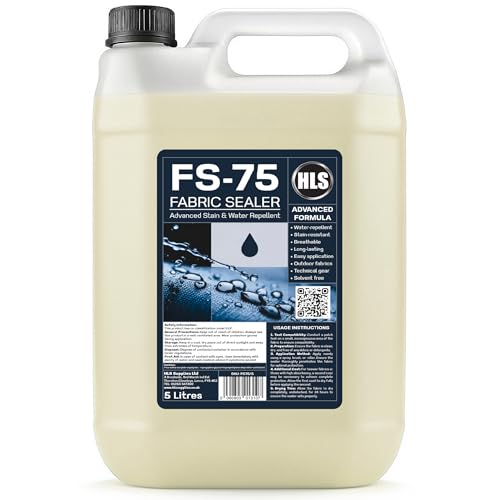




If you are an avid camper or outdoor enthusiast, you know the importance of keeping your tent clean and well-maintained. Over time, tents can accumulate dirt, stains, and unpleasant odors that can affect their performance and longevity. While it may be tempting to simply toss your tent into the washing machine for a quick and easy clean, it’s important to consider the potential risks and guidelines.
Can you put a tent in the washing machine?
Washing a tent in a washing machine is generally not recommended by tent manufacturers. The agitation and spinning of the machine can cause damage to the fabric, zippers, and other components of the tent. Additionally, the washing machine may not be large enough to accommodate the size and shape of a tent, resulting in uneven cleaning and potential tears or snags.
So, how should you clean your tent?
It is best to clean a tent by hand using gentle cleaning agents and techniques to avoid any potential damage. Start by setting up your tent in a spacious, well-ventilated area. Use a soft-bristled brush or sponge to gently remove any loose dirt or debris. Fill a large tub or basin with warm water and a mild soap or specialized tent cleaner. Dip a sponge or cloth into the soapy water and gently scrub the tent, paying particular attention to stained or soiled areas.
When it comes to drying your tent, it’s important to avoid using a dryer or direct sunlight, as these can also cause damage to the fabric. Instead, hang your tent in a shaded, well-ventilated area and allow it to air dry completely.
By following these washing tips and guidelines, you can ensure that your tent remains clean, fresh, and ready for your next outdoor adventure. Remember, taking proper care of your tent will not only extend its lifespan but also enhance your camping experience.
Can You Put a Tent in the Washing Machine? Washing Tips and Guidelines
When it comes to cleaning your tent, it’s important to take the proper steps to ensure that you don’t damage the fabric or compromise the waterproofing. While it may be tempting to simply throw your tent in the washing machine, it’s generally not recommended.
Why You Shouldn’t Put a Tent in the Washing Machine
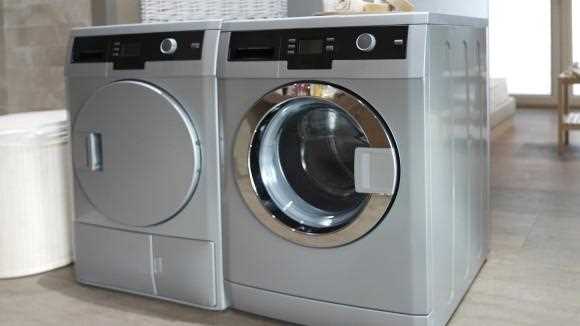
- Potential Damage to Fabric: The agitator in a washing machine can be rough on the delicate fabric of a tent. It can cause tears, snags, or other damages that may affect the overall integrity of the tent.
- Loss of Waterproofing: Most tents come with a durable water-repellent (DWR) coating that helps keep you dry in wet conditions. Washing a tent in a machine can strip away this coating, making your tent less waterproof.
- Damage to Zippers and Seam Tape: The mechanical action of a washing machine can also be hard on the zippers and seam tape of a tent, potentially causing them to become less effective or even break.
How to Clean a Tent Properly
Instead of using a washing machine, follow these guidelines to clean your tent safely:
- Spot Cleaning: If your tent has only minor dirt or stains, you can spot clean it using a soft-bristle brush, water, and a mild detergent. Gently scrub the affected areas and rinse thoroughly.
- Hand Washing: For more extensive cleaning, it’s best to hand wash your tent. Set up the tent in your backyard or bathtub and use a sponge or soft cloth to clean it. Again, use a mild detergent and rinse thoroughly.
- Drying: After cleaning, it’s important to let your tent air dry completely before storing it. Hang it up in a well-ventilated area or spread it out on a clean surface. Avoid direct sunlight or heat sources, as they can damage the fabric.
- Storage: When your tent is dry, fold it loosely and store it in a cool, dry place. Avoid compressing or tightly packing the tent, as this can damage the fabric or affect its shape.
Tent Maintenance Tips
To keep your tent in good condition for years to come, consider the following maintenance tips:
- Use Ground Tarps: Lay down a ground tarp underneath your tent to protect it from sharp objects and prevent ground moisture from seeping in.
- Remove Shoes: Encourage everyone to remove their shoes before entering the tent to minimize dirt and debris inside.
- Store Dry: Always make sure your tent is completely dry before storing it to prevent mold and mildew growth.
- Inspect Regularly: Check your tent for any signs of damage, such as tears or broken zippers, and repair them promptly to avoid further issues.
By following these guidelines, you can keep your tent clean, in good condition, and ready for your next outdoor adventure.
| Do’s | Don’ts |
|---|---|
|
|
Importance of Keeping Your Tent Clean
Keeping your tent clean is essential for maintaining its longevity and performance. A well-maintained tent will not only last longer but also provide better protection from the elements. Here are a few reasons why keeping your tent clean is important:
1. Durability
A dirty tent can deteriorate quicker than a clean one. Dirt, dust, and debris can weaken the fabric, causing it to tear or degrade over time. By regularly cleaning your tent, you can remove these harmful substances and help prolong its lifespan.
2. Waterproofing

Properly cleaning and treating your tent can help maintain its waterproofing properties. Over time, dirt and oils from your body can accumulate on the tent fabric, clogging the pores and reducing its ability to repel water. By regularly cleaning your tent, you remove these contaminants and ensure that it remains waterproof.
3. Hygiene
A dirty tent can harbor bacteria, mold, and unpleasant odors. Keeping your tent clean not only improves the overall hygiene but also ensures a more comfortable camping experience. Regular cleaning helps prevent the buildup of harmful microorganisms and keep your tent fresh and odor-free.
4. Improved Performance
A clean tent performs better in various weather conditions. Dirt and debris can affect the tent’s ability to regulate temperature, leading to discomfort during hot or cold weather. By keeping your tent clean, you can optimize its performance and create a more enjoyable camping experience.
5. Easy Maintenance
A clean tent is easier to maintain. Removing dirt and stains promptly makes it easier to spot any potential damage or repairs that may be needed. Regular cleaning also prevents the need for more extensive cleaning methods, such as using a washing machine, which can potentially damage the tent fabric.
Conclusion
Regularly cleaning your tent is crucial for its longevity, performance, and overall comfort. By keeping your tent clean and well-maintained, you can ensure that it remains durable, waterproof, hygienic, and performs optimally in various weather conditions. Taking the time to clean your tent after each use will contribute to a better camping experience and extend the lifespan of your tent.
Hand Washing vs. Machine Washing: Pros and Cons
When it comes to cleaning your tent, you have two main options: hand washing or machine washing. Each method has its own pros and cons, and it’s important to consider them before deciding which approach to take. Here’s a breakdown of the advantages and disadvantages of each method:
Hand Washing
- Pros:
- Control: With hand washing, you have full control over the process. You can pay close attention to problem areas and ensure a thorough cleaning.
- Gentle: Hand washing is generally gentler on your tent fabric compared to machine washing. This can help prolong the lifespan of your tent.
- Portability: Hand washing is a great option if you’re camping or traveling and don’t have access to a washing machine.
- Cons:
- Time-consuming: Hand washing can be a time-consuming process, especially if you have a large tent.
- Physical effort: Hand washing requires more physical effort compared to machine washing.
- Inconsistency: It can be difficult to ensure a consistent level of cleanliness when hand washing, as it’s easy to miss spots or not use enough detergent.
Machine Washing

- Pros:
- Convenience: Machine washing is usually more convenient and less time-consuming compared to hand washing.
- Efficiency: A washing machine can provide a more thorough and consistent clean, thanks to its agitation and spinning cycles.
- Large capacity: If you have a large tent, machine washing allows you to clean it all at once, saving you time and effort.
- Cons:
- Potential damage: Machine washing may cause more wear and tear on your tent fabric, especially if you use a regular washing machine instead of a front-loading one.
- Not suitable for all tents: Some tents, particularly those with delicate or waterproof coatings, may not be suitable for machine washing.
- Space requirement: Machine washing requires a suitable and adequately sized washing machine, which may not be available in all situations.
Ultimately, the decision between hand washing and machine washing your tent depends on your specific needs and circumstances. If you have a small tent, are concerned about potential damage, or don’t have access to a washing machine, hand washing may be the better option. However, if convenience, efficiency, and a thorough clean are top priorities for you, machine washing could be the way to go. Whichever method you choose, make sure to follow the manufacturer’s guidelines and properly care for your tent to ensure its longevity.
Tips for Hand Washing Your Tent
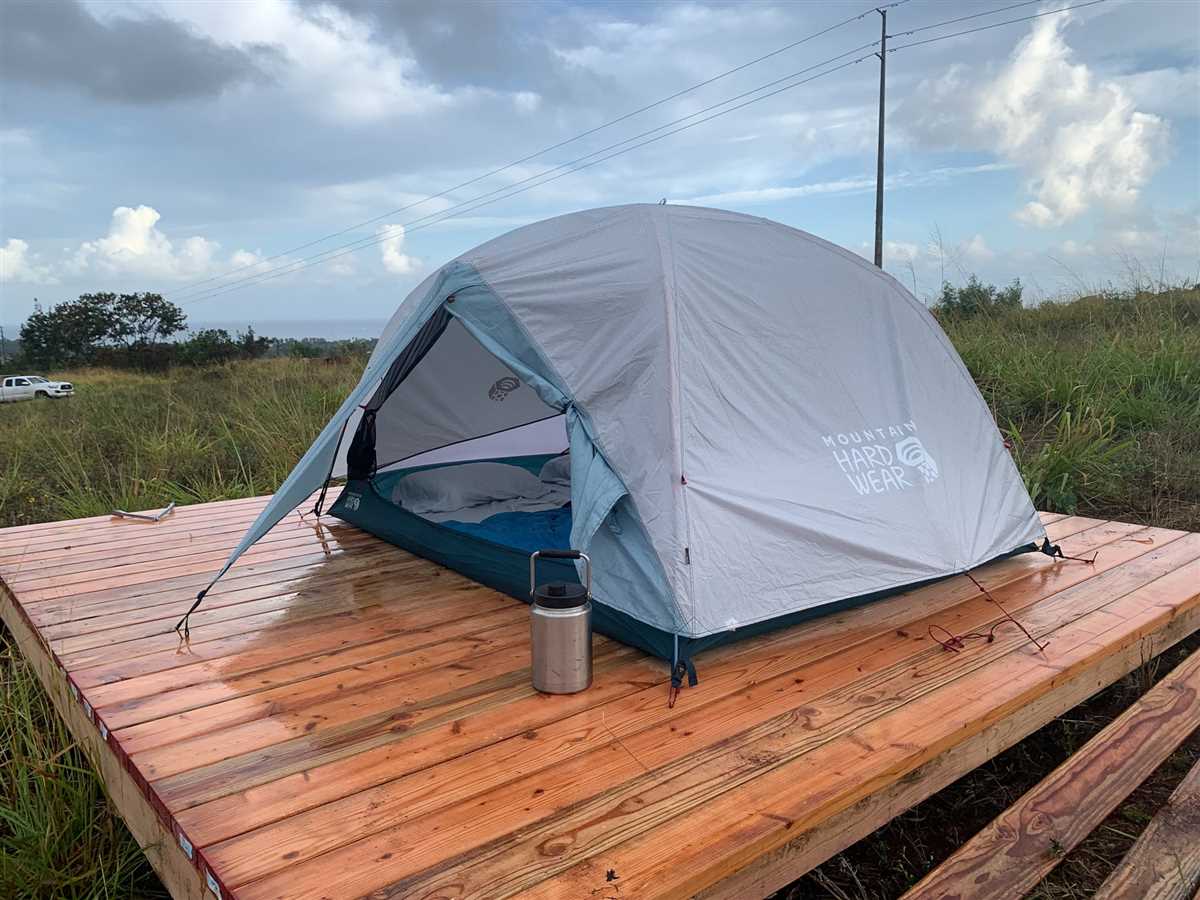
Cleaning your tent by hand can be a delicate process, but it is often necessary to maintain its durability and extend its lifespan. Follow these tips for hand washing your tent:
- Choose the Right Location: Find a spacious and clean area where you can lay out your tent for washing. Make sure the location has access to water.
- Remove Debris: Before washing, remove any loose dirt, leaves, or other debris from both the interior and exterior of the tent. You can use a soft brush or cloth to gently sweep away the debris.
- Prepare the Cleaning Solution: Fill a basin or large container with lukewarm water. Avoid using hot water as it can damage the tent’s fabric. Add a specialized tent cleaner or a mild detergent recommended by the tent manufacturer. Follow the product instructions for the appropriate dilution ratio.
- Spot Test: Before washing the entire tent, test the cleaning solution on a small, inconspicuous area to ensure it does not cause any discoloration or damage to the fabric.
- Wash the Tent: Gently submerge the tent in the cleaning solution, making sure it is fully immersed. Use a soft sponge or cloth to gently scrub the tent, paying extra attention to any heavily soiled areas. Avoid rubbing too vigorously, as this can weaken the fabric or remove any waterproof coatings.
- Rinse Thoroughly: Once you have finished washing, rinse the tent thoroughly to remove all traces of soap or detergent. Use clean, lukewarm water and ensure that no soap residue remains on the fabric.
- Dry Properly: Hang the tent in a well-ventilated area or in the shade to dry. Avoid direct sunlight, as it can cause the fabric to fade or weaken. Ensure the tent is fully dry before storing it to prevent mold and mildew growth.
- Store with Care: Once the tent is completely dry, fold it loosely and store it in a breathable bag or sack. Avoid compressing the tent too tightly, as this can damage the fabric or the waterproof coatings.
By following these tips, you can effectively hand wash your tent and keep it clean without causing any damage. Regular maintenance and cleaning will help ensure your tent stays in good condition for many outdoor adventures to come.
Guidelines for Machine Washing Your Tent
While it is generally not recommended to machine wash your tent, there may be certain circumstances where you need to clean it using this method. Follow these guidelines to ensure a proper and safe machine washing of your tent:
1. Check the manufacturer’s instructions
Before attempting to machine wash your tent, carefully read the manufacturer’s instructions and guidelines. Some tents may not be suitable for machine washing, or there may be specific recommendations on water temperature, detergents, and settings.
2. Prep your tent for washing
Prior to washing, remove all the dirt, debris, and loose particles from your tent. Use a soft brush or cloth to gently brush off any loose dirt. It is important to clean your tent before machine washing to prevent the dirt from clogging the washing machine or causing damage during the wash cycle.
3. Set up for washing

When setting up your tent for machine washing, remove any detachable parts such as poles, stakes, and rainfly. These components can be washed separately or cleaned by hand. Ensure that all zippers are closed, and any Velcro straps are secured to prevent snagging and tangling.
4. Choose a gentle cycle and mild detergent
When selecting the wash cycle, choose a gentle or delicate cycle to minimize agitation. Use a mild detergent specifically designed for outdoor gear or a gentle laundry detergent. Avoid using bleach, fabric softeners, or strong detergents as these can damage the fabric and coatings.
5. Load your tent properly
Place your tent in the washing machine, ensuring that it is not overloaded. Overloading can cause excess stress on the fabric and seams. If necessary, wash your tent in a separate load to give it enough space to move freely.
6. Set the water temperature
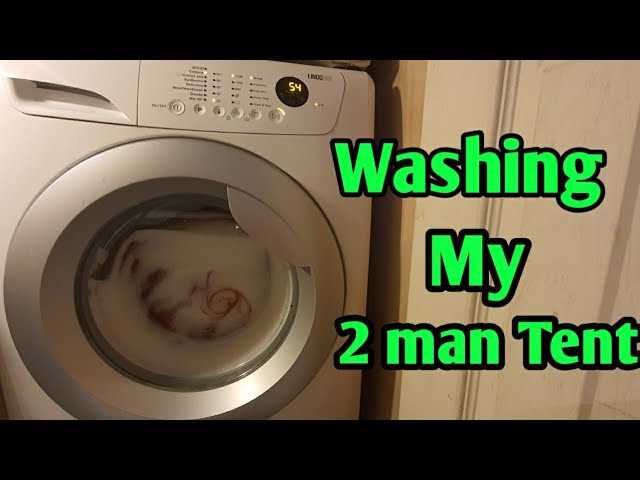
Set the water temperature to a cool or cold setting. Hot water can damage the fabric, coatings, and waterproof properties of your tent. Avoid using hot water, even if the manufacturer’s instructions specify a warm wash, as different washing machines may vary in temperature accuracy.
7. Use a gentle spin cycle
Opt for a low spin cycle or no spin cycle if possible. High-speed spins can cause excessive stress on the seams and fabric, leading to tears or seam failure. A gentle spin or no spin cycle will reduce the risk of damage during the washing process.
8. Hang-dry your tent
After the washing cycle is complete, remove your tent from the washing machine and hang it to dry. Avoid using a dryer, as the heat can shrink the fabric and damage the waterproof coatings. Find a well-ventilated area, preferably outdoors, where you can hang your tent with enough space for proper air circulation.
9. Reapply waterproofing treatment
After washing and drying your tent, consider reapplying the waterproofing treatment. Washing can remove some of the water repellency, so using a waterproofing spray or applying a seam sealant can help restore the tent’s ability to repel water.
Remember, machine washing your tent should be a last resort. Whenever possible, hand washing and spot cleaning are recommended to prolong the lifespan of your tent and maintain its performance. Machine washing should only be done when necessary and following these guidelines to minimize the risk of damage.
Drying and Storing Your Tent Properly
Properly drying and storing your tent after use is essential to ensure its longevity and preserve its quality. Here are some guidelines to follow:
1. Air-dry your tent
After you have washed your tent, it is important to let it air dry completely before storing it. Hang the tent with the doors open in a well-ventilated area, away from direct sunlight. This will help prevent mold and mildew from growing.
2. Shake off excess water and dirt
Prior to drying, gently shake off any excess water and dirt from the tent. This will help speed up the drying process and prevent any potential damage to the fabric.
3. Avoid using a dryer or heater
Do not attempt to dry your tent using a dryer or heater, as this can damage the fabric and coatings. Stick to air drying methods.
4. Store your tent loosely
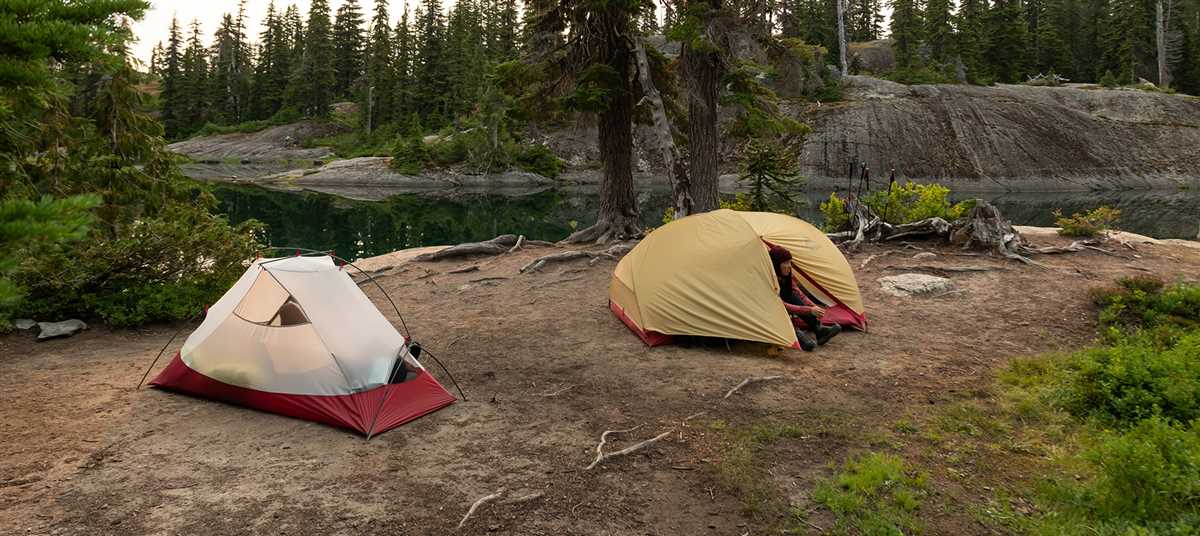
When it comes to storing your tent, it is important to avoid packing it too tightly. This can cause creases and put unnecessary pressure on the fabric. Instead, fold the tent loosely and store it in a breathable storage bag. Avoid using plastic bags, as they can trap moisture.
5. Keep your tent in a cool, dry place
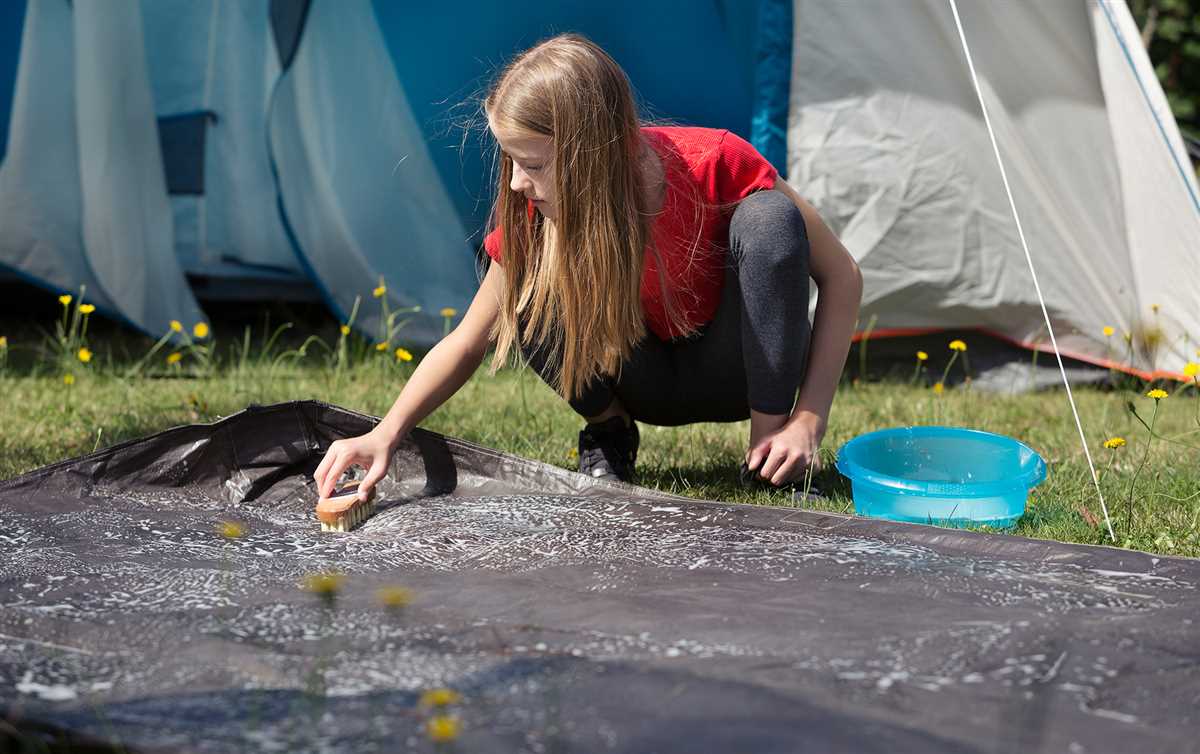
Choose a cool, dry place for storing your tent, such as a closet or basement. Avoid storing it in attics or garages, as these areas are prone to temperature fluctuations and moisture.
6. Check for damage before storing
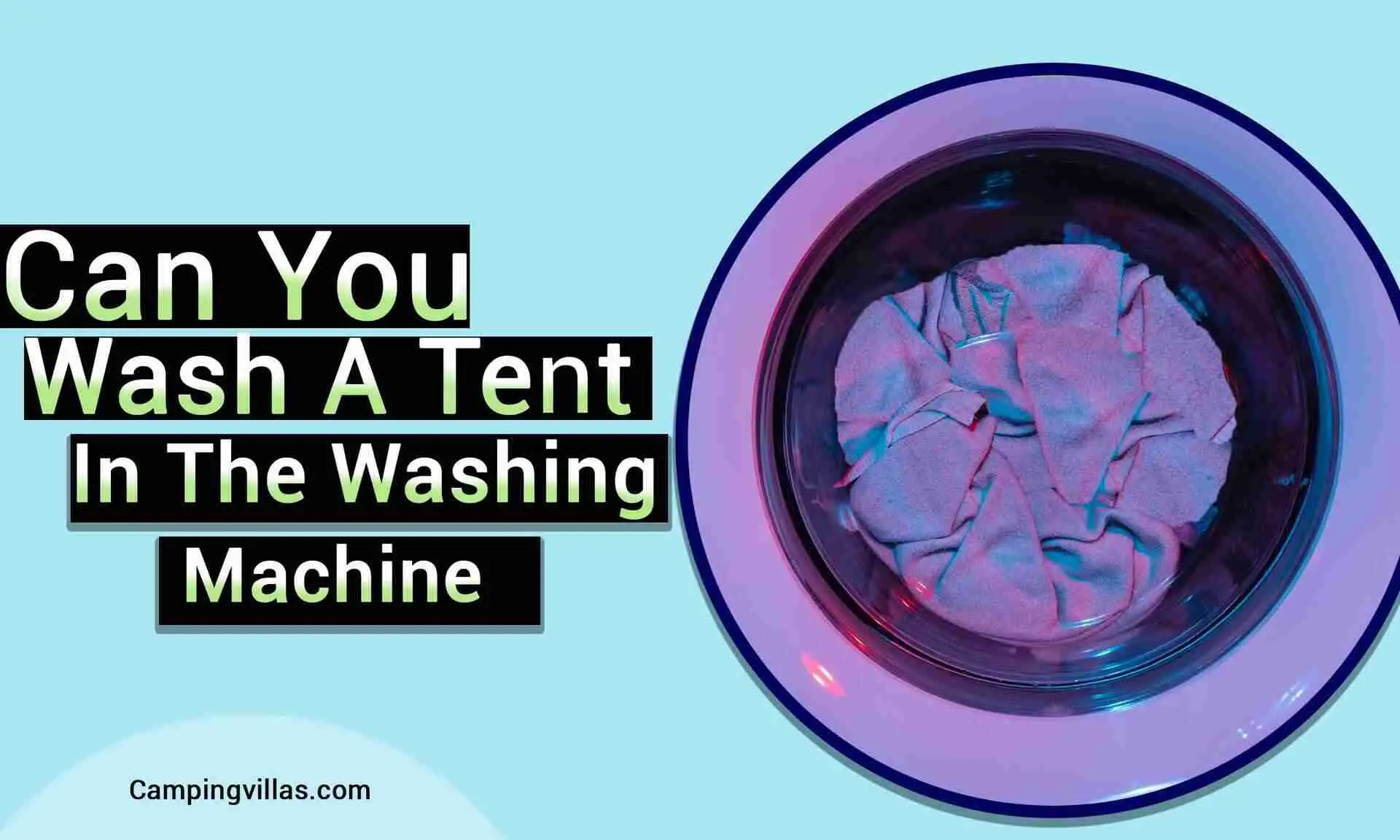
Prior to storing your tent, inspect it for any signs of damage or wear. Look for tears, loose seams, or broken zippers. Taking care of any repairs now will help prevent further damage while in storage.
By following these steps, you can ensure that your tent remains in excellent condition and ready for your next outdoor adventure.
FAQ
Can I put my tent in the washing machine?
It is not recommended to put a tent in the washing machine. The machine’s agitator can damage the fabric and the seams. It is best to clean your tent by hand.
What’s the best way to clean a tent?
The best way to clean a tent is by hand using a soft sponge or cloth, mild soap, and warm water. Gently scrub the fabric and rinse thoroughly. Allow the tent to air dry completely before storing it.
Can I use a pressure washer to clean my tent?
No, using a pressure washer can cause damage to the fabric and the seams of your tent. It is best to avoid using any harsh cleaners or high-pressure washing methods.
How often should I clean my tent?
The frequency of cleaning your tent depends on how often you use it and the conditions in which it is used. It is generally recommended to clean your tent after every camping trip or as needed. Regular maintenance and spot cleaning can help extend the lifespan of your tent.
Can I put my tent in the dryer?
No, you should never put a tent in the dryer. The heat from the dryer can damage the fabric and the waterproof coating. It is best to air dry your tent completely before storing it.
Can I wash a tent in the washing machine?
No, it is not recommended to wash a tent in a washing machine. The washing machine can damage the fabric and seams of the tent, and it may not be able to handle the size and weight of the tent. It is best to clean a tent by hand using a mild detergent and a soft brush.











